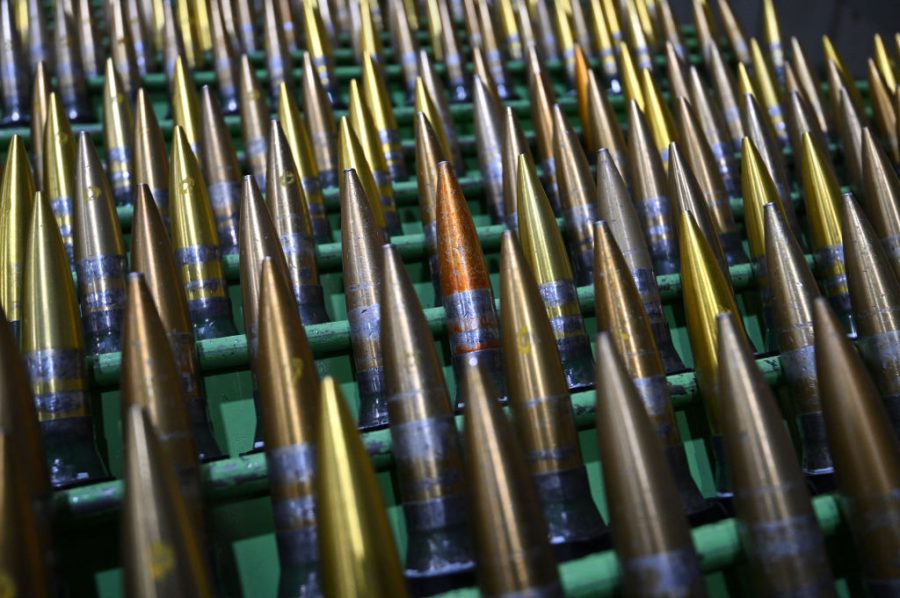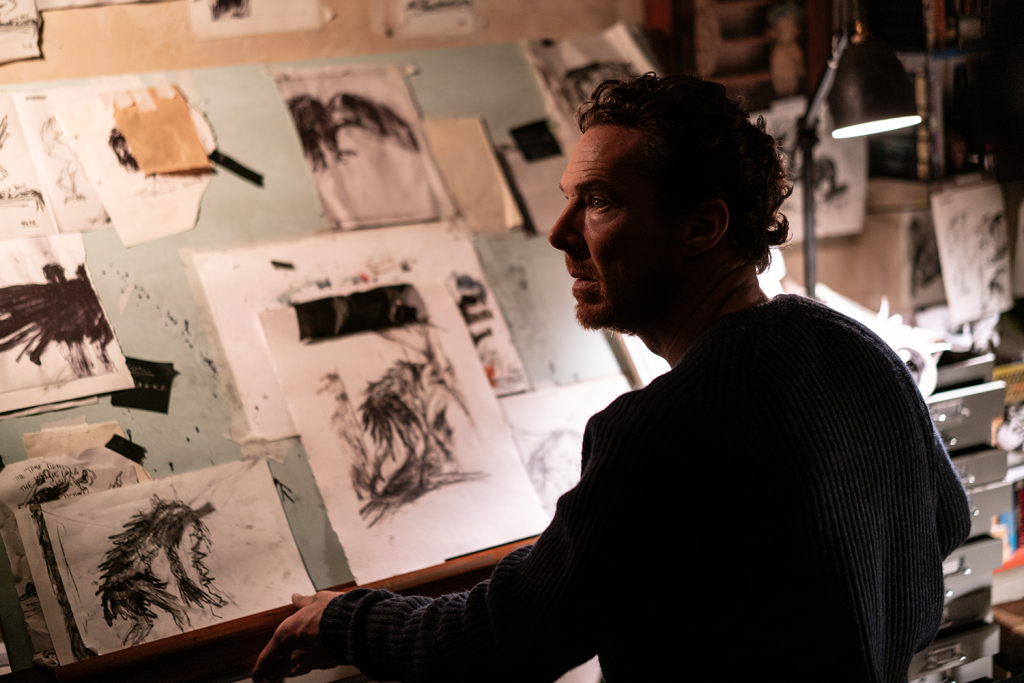The dawn of a third nuclear age demands a ‘national and collective sense of purpose… leadership and a willingness to act’. That was the message of the head of Britain’s armed forces when he delivered his annual lecture to the Royal United Services Institute this week.
Admiral Sir Tony Radakin has been chief of the Defence Staff for three years – usually a full term – but was asked earlier this year to stay in post for a further year, until autumn 2025. His tenure has seen Russia’s invasion of Ukraine, the 7 October Hamas attacks on Israel and the resulting conflicts in Gaza and Lebanon, Iran’s ballistic missile strikes on Israel and the Houthi campaign against commercial shipping in the Red Sea. It has not been, in the language of the Royal Navy in which Radakin serves, a quiet watch.
This week he warned that, after a period marked by disarmament and counter-proliferation, the world has now entered a new age of nuclear competition. Previous international agreements have weakened, nuclear technology is advancing and there are now what Radakin called ‘multiple and concurrent dilemmas’: essentially, more people with greater access to nuclear weapons. The temperature of the geopolitical situation has been raised by Vladimir Putin’s threats to use tactical nuclear weapons in Ukraine and intimidatory changes to Russia’s nuclear doctrine.
Is Radakin channelling Private Frazer of Dad’s Army, telling us we’re doomed? Or do we need to take a deep breath and reach a careful but calm assessment of the state of international relations?
Nuclear weapons are unprecedented in their destructive capacity: by the 1960s, the Pentagon’s single integrated operating plan anticipated that an initial nuclear exchange between the United States and the Soviet Union would kill 500 million people. They are also extraordinary in being almost entirely unused. The first atomic bomb, developed by the Manhattan project, was tested on 16 July 1945; the 15-ton Little Boy was dropped on Hiroshima on 6 August followed by the 21-ton Fat Man on Nagasaki on 9 August. No nuclear weapon has ever been used in anger again, 79 years on.
Instead, nuclear weapons exist as a last resort, a powerful deterrent but also, quixotically, they are a capability which has failed in its purpose if it is ever used. A nuclear conflict can never be ‘won’ in a meaningful sense, as Annie Jacobsen explained in painstaking detail in her recent book, Nuclear War: A Scenario. What matters is how the threat of these weapons is presented and understood, and what assessment is made by others of each country’s likelihood of using them.
This point was a key theme of Radakin’s address. Russia’s threats, exercises and simulations have been ‘designed to coerce us from taking the action required to maintain stability’ in Ukraine, while Nato’s nuclear umbrella remains a powerful guarantee of Europe’s security.
There is only a remote chance of a significant direct attack or invasion by Russia on the United Kingdom. And that is the same for the whole of Nato. Russia knows the response would be overwhelming, whether conventional or nuclear. The strategy of deterrence by Nato works and is working.
This means that a central part of our military capability is not only represented by equipment and manpower, but also through the attitude and determination the United Kingdom projects – and how that is perceived by potential adversaries. The chief of the Defence Staff argued that our resolve has to be credible, which means we must have the resources and personnel to take military action when necessary. This resolve also has to be demonstrable; there is a degree of provocation to which we must respond. That ‘keeps us safe even in a more dangerous world’.
This is not a simple message. Radakin is not telling the people of Britain that the bulldog spirit and a stiff upper lip will keep us safe. There are nine states with nuclear capabilities, of which Russia, China and North Korea have a loose alliance and competing interests to those of Nato and the West.
China has repeatedly played down the nuclear option. North Korea, the secretive and paranoid Hermit Kingdom, is a wild card because of the dominance of its unpredictable ruler Kim Jong Un. Russia is rationalist but bullying, and Vladimir Putin, a KGB officer to his fingertips, lives and breathes feint and deception.
There is no failsafe deterrent against nuclear war. The prospect remains real but remote. Radakin has been clear about ways in which we can make it less likely: better, larger, more lethal armed forces, underpinned by a national resolve, military and civilian, to deploy them where necessary to defend our interests. Reaching that stage remains a huge task, and the question now is whether we – the government, the political classes, the electorate as a whole – are capable of achieving it. I hope so. The alternative is no alternative at all.








Comments